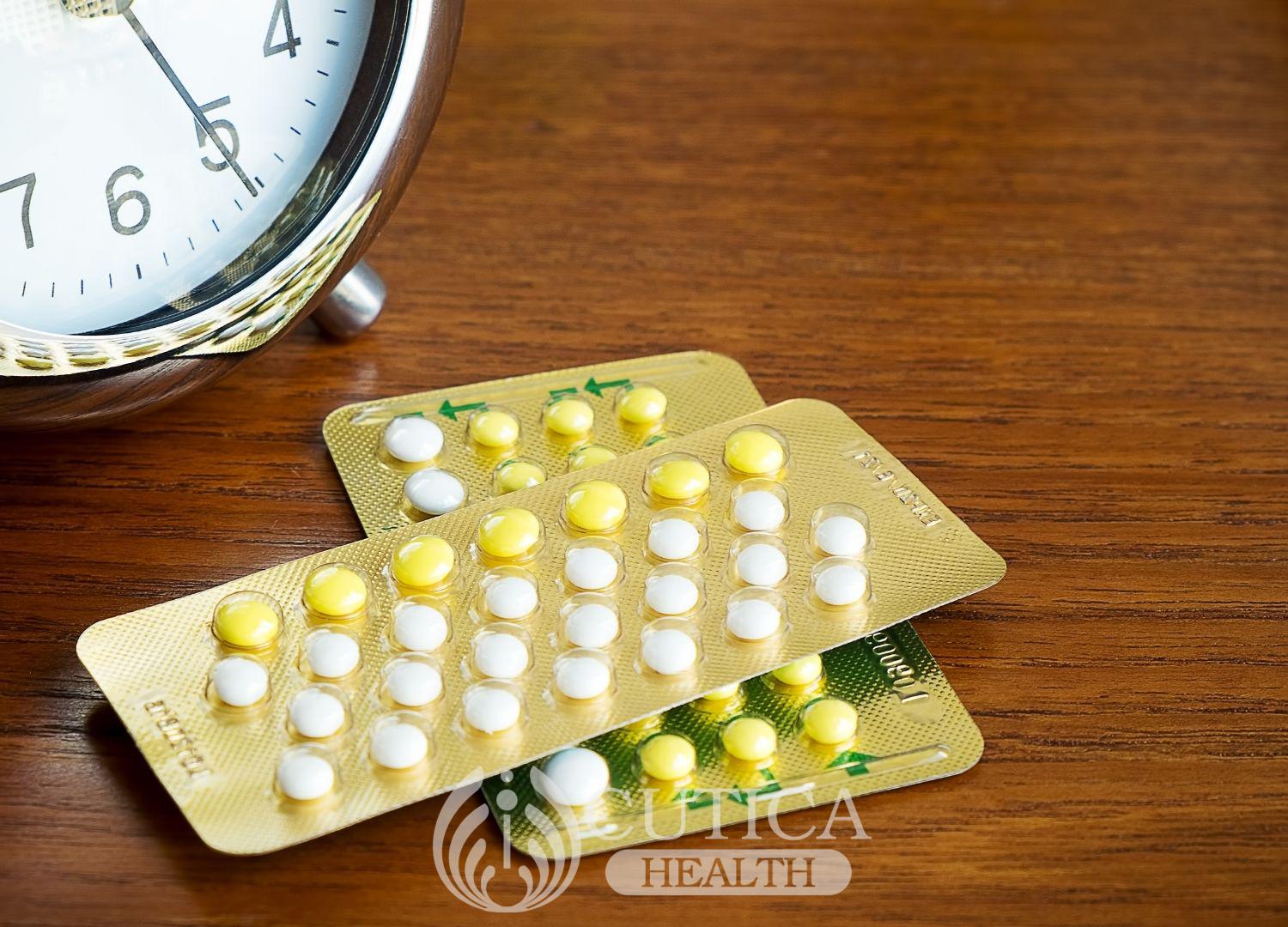
Sanusi noted that his penile region was itchy over the last few days. He initially ignored it but it has gotten more persistent. Now he noticed some discharge while he was trying to urinate and has become worried. He has heard it was a sign of a sexually transmitted disease. But he has only had sex with his three girlfriends, and he did not use a condom because he was allergic to it.
He decided to get some medications from his doctor. So, he went to the hospital for a chat with his doctor.
Introduction
Penile discharge is a condition that can cause significant concern and discomfort for men. It involves the release of fluid from the penis, which can vary in color, consistency, and odor. Understanding the causes, symptoms, and available treatments for penile discharge is essential for maintaining good sexual and overall health.

What is Penile Discharge?
Penile discharge refers to any fluid that is not urine or semen, coming from the urethra (the tube inside the penis). The nature of the discharge can provide clues about its underlying cause, making it important to pay attention to its characteristics.
Common Causes of Penile Discharge
- Sexually Transmitted Infections (STIs): STIs are the most common cause of penile discharge. Key infections include:
- Gonorrhea: Often produces thick, yellow-green discharge.
- Chlamydia: Can cause a clear or cloudy discharge.
- Trichomoniasis: May result in a frothy, yellowish discharge.
- Non-Sexually Transmitted Infections:
- Urinary Tract Infections (UTIs): Can cause discharge along with symptoms like burning during urination.
- Balanitis: Inflammation of the foreskin or head of the penis, often due to poor hygiene, infections, or skin conditions, can lead to discharge.
- Prostatitis: Inflammation of the prostate gland can cause penile discharge, usually accompanied by pain and urinary symptoms.
- Allergic Reactions and Irritants: Allergies or irritants from soaps, lotions, or condoms can sometimes cause penile discharge.
Symptoms Associated with Penile Discharge
Symptoms can vary depending on the underlying cause but may include:
- Pain or burning sensation during urination
- Itching or irritation around the tip of the penis
- Redness or swelling
- Pain during sexual intercourse or ejaculation
- Unusual odor accompanying the discharge
Diagnosing the Cause of Penile Discharge
To diagnose the cause of penile discharge, a healthcare provider may:
- Take a detailed medical and sexual history
- Perform a physical examination
- Collect a sample of the discharge for laboratory analysis
- Conduct urine tests
- Utilize imaging studies, such as an ultrasound, if needed
Treatment Options for Penile Discharge
Treatment will depend on the underlying cause of the discharge:
- Antibiotics For bacterial infections like gonorrhea, chlamydia, or UTIs, antibiotics are typically prescribed. It’s crucial to complete the full course of antibiotics, even if symptoms improve.
- Antifungal Medications In cases of fungal infections, such as yeast infections, antifungal medications may be prescribed.
- Improved Hygiene and Topical Treatments: For conditions like balanitis, maintaining good hygiene and using prescribed creams or ointments can help alleviate symptoms.
- Avoiding Allergens and Irritants: If the discharge is due to an allergic reaction, identifying and avoiding the offending substance is essential. Switching to hypoallergenic products can help.
- Prostate Treatment: Prostatitis may require a combination of antibiotics, pain relievers, and anti-inflammatory medications.
Preventing Penile Discharge
- Preventive measures include:Safe Sexual Practices: Use condoms and engage in regular STI screenings.
- Good Hygiene: Regularly clean the genital area with mild soap and water.
- Avoiding Irritants: Use hypoallergenic products and avoid known allergens.
- Staying Hydrated: Drink plenty of water to support urinary health.
When to Seek Medical Help
It’s essential to seek medical attention if you experience any penile discharge, especially if accompanied by other symptoms such as pain, fever, or swelling. Early diagnosis and treatment can prevent complications and ensure better health outcomes.

Conclusion
Penile discharge is a symptom that should not be ignored. Understanding its causes, associated symptoms, and treatment options is vital for maintaining sexual and overall health. If you experience penile discharge, consult a healthcare provider promptly for an accurate diagnosis and appropriate treatment.












